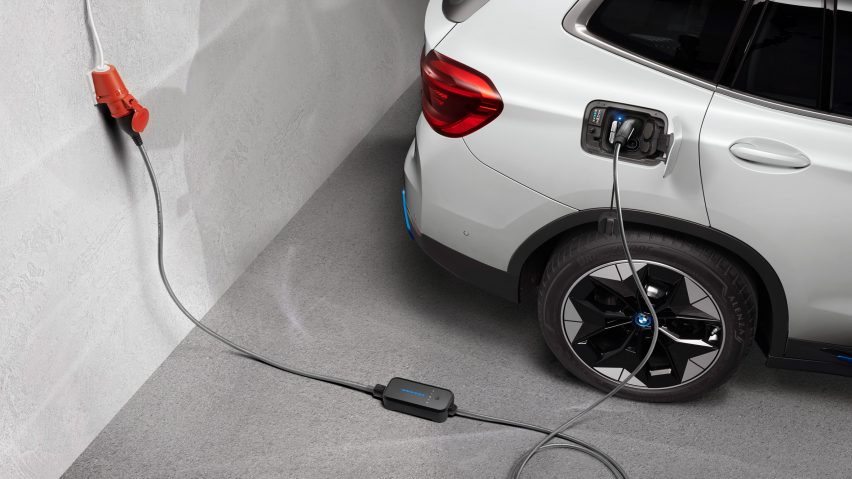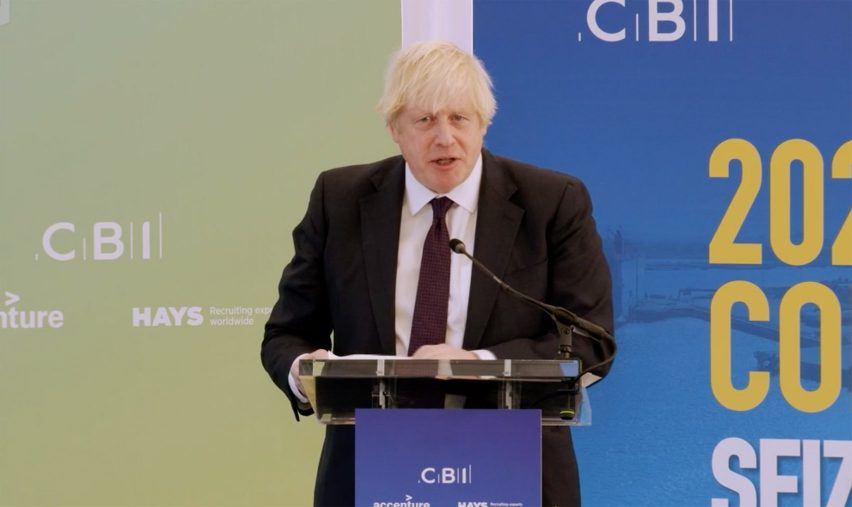
New buildings in England required to have electric vehicle charging points
Electric vehicle charging points will be required in new homes and non-domestic buildings in England from next year, UK prime minister Boris Johnson has announced.
Legislation will be passed making the installation of charging stations for electric vehicles (EVs) a building regulations requirement for new buildings and those undergoing major renovations.
Non-domestic buildings such as supermarkets and offices will also be included in the "world-leading" regulations, Downing Street said.
Buildings undergoing major renovations that leave them with more than 10 parking spaces will also be required to have charging points. The UK government expects to see up to 145,000 extra charging points across the country each year as a result of the changes.
"Tipping point has come" says Johnson
"I tried, as mayor of London, to get London motorists to go electric and we put charging points around the city," Johnson told the Confederation of British Industry (CBI) conference today.
"I must confess that they were not then a soaraway success and they stood forlorn, like some piece of unused outdoor gym equipment," he added. "But 10 years after that, the tipping point has come, hasn't it?"
In his speech, Johnson referred to rising EV sales and a declaration at the Cop26 conference by car manufacturers for all sales of new cars and vans being zero-emission in leading markets by 2035. However, major players Volkswagen, Toyota, Renault-Nissan and Hyundai-Kia failed to sign the commitment.
The prime minister added: "The pace of change is now going to accelerate like a new Tesla because I can tell you as a former motoring correspondent EVs may not burble like sucking doves and they may not have that 'vroom-room, ra-ra-ra' that you love, but they have so much torque that they move off the lights faster than a Ferrari."

The UK government has made a commitment to ban the sale of new petrol and diesel cars by 2030. In 2019, cars and taxis accounted for 16 per cent of the UK's greenhouse gas emissions.
Number 10 argued that fitting EV charging points at new shops and offices will make powering up an electric car as easy as refuelling a petrol car today.
According to official statistics, there are currently around 25,000 public charging points in Britain. The Competition and Markets Authority has said 10 times that number could be needed by 2030.
The UK government is also aiming to introduce simpler ways to pay at EV charging points, such as contactless.
Elsewhere in his speech, Johnson called on business leaders to "adapt our economy to the green industrial revolution".
The government also confirmed that it will spend £9.4 million funding a new hydrogen project at the UK's largest onshore windfarm near Glasgow.
The Whitelee green hydrogen project will develop the UK's largest electrolyser, a system that converts water into hydrogen gas as a way to store energy and supply local transport providers with zero-carbon fuel.